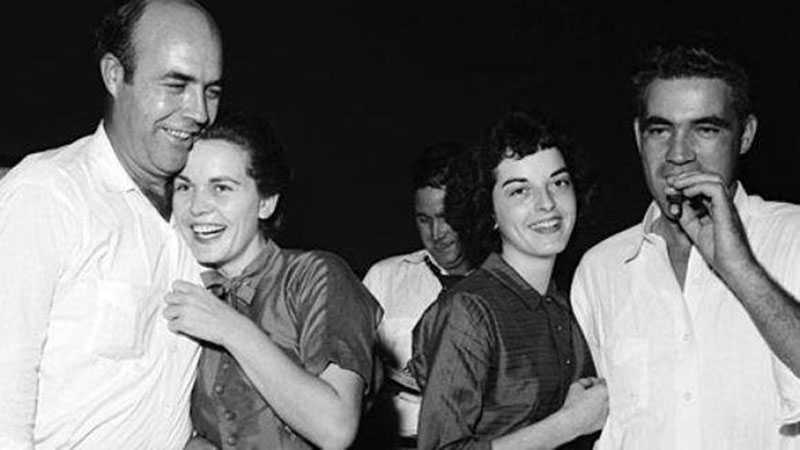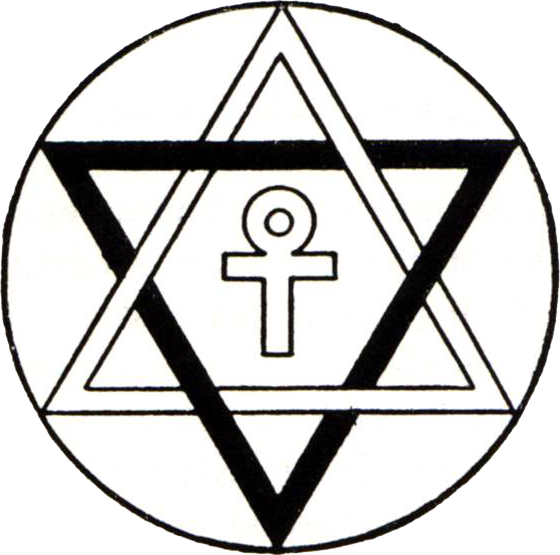
On Aparigraha
How does this relate to the current political and social justice climate? Does Aparigraha seem possible?
I chose this question to write on before reading Shivani Hawkin’s article Non-Attachment is Not the Same as Non-Engagement. After beginning reading the Bhagavad Gita, it had already occurred to me how relevant Arjuna’s dilemma was to the times we find ourselves in, so I appreciated her observations of the Lord Krishna’s teaching that non-attachment does not excuse one from the obligation to act.
Perhaps this sense of being stuck between a rock and a hard place is not so unique, but a feature of living in an illusion characterized by duality, one that is amplified when powerful polarizing forces are manifest at a societal level and in the group mind of humanity. In my own experience, when these polar tensions arise — for example, the tension between our nation’s stated ideals of equality for all and it’s sad history of inequality, or between my own high spiritual aspirations and my lethargy and laziness — the result can be a kind of dissonance, maybe even crisis. Similar perhaps to the crisis Arjuna feels as he surveys the battlefield and comes face to face with the pain and death that are imminent.
Sometimes the dissonance manifests as a kind of numbness or apathy, and I remind myself that non-attachment should not be confused with non-feeling or non-engagement. When I am confronted with someone in pain, or an imbalance which I know left unattended will result in future suffering, if I feel unmoved, undisturbed, then I wonder if I’m “unattached”, or if in fact I’ve constructed some kind of defense that is insulating me from the empathy and compassion that would feel and respond to the pain of another?
I’m reminded of the story of a Zen master who is attending the funeral of his teacher. He begins to weep and his students are embarrassed because they fear that others seeing their teacher cry may think that he is not enlightened. And so they whisper to him, “Master, you’re crying”. The master replies, “Oh, I am not crying. My eyes are crying, because these eyes will never see those eyes again.”
Perhaps to find that which transcends duality and conditioning, we must actually feel deeply. When I feel numb or paralyzed, I know I must look deeper and practice opening wider to my experience.
But then there’s that other effect of that dissonance, the one that sends us spinning into anger, judgment, righteous indignation. These days I feel my mind and emotions continually tending into those kinds of patterns. Recently I was watching a documentary on the murder of Emmett Till and the Civil Rights movement, and footage of police beating the peaceful protestors as they marched. What feels like righteous indignation rises with the tears, and my thoughts begin to stir: thoughts of “how awful those people are”, thoughts of my dad saying “we didn’t think to much of Martin Luther King”, thoughts of the police officer with his knee on George Floyd’s neck. And I’m on fire. As I feel the fire of my judgment burning in my nerves and making my thoughts spin, I know that I have slipped out of balance and must apply an antidote to find again that sweet spot of aparigaha.
In my practice, the antidote looks like this:
First, as soon as I become conscious of either the numbness or the burning and spinning, I acknowledge it. I remind myself not to bring judgment or criticism to bear, but loving attention. I accept what is arising, whether thought or emotion, just as it is. Attending to what is arising, I try to feel its contours, to know its shape and its complexity.
Next, I remind myself that the object of my judgment is Divine. Like me, an expression of the Infinite clothed in apparent limitation and bias. I often need to bolster that thought with reading or remembering words of wisdom, like those of Ra:
“Unity is informed [with compassion] by its very nature. Since it contains all, it cannot abhor any.”
(The Law of One 1.5)
…or of Pantanjali:
“Consciousness settles as one radiates friendliness, compassion, delight, and equanimity toward all things, whether pleasant or painful, good or bad.”
(Yoga Sutra I.33)
I meditate on these, to settle my consciousness. From this basis, I can examine the situation which has disturbed me. This takes some work, and patience, because the illusion is complex and challenging.
I have to look deeply at the cop with the club. I have to see that he is as much me and I him, even as I am also the protestor standing for truth and justice. I must acknowledge my own ignorance and the harm that I too have done. I must feel the scope of history, of many lives, of the slow unfolding and raising of consciousness generation after generation. I try to sense the mystery of how the Infinite One pervades all, and how we use the gift of our free will to create both heavens and hells, and many spaces in between. I try to feel the grief of Emmett Till’s mother. I try to look straight at his corpse, and at the smirk on the faces of his killers when they are found not guilty. I see them as babies, as boys, as old men, as spirits who have left the illusion and must also experience truth. I feel myself as the same, letting sorrow, humility, mortality, and all the ingredients in this cauldron simmer over the flames. I affirm the truth of Love.
Justice is balance. Where I find on polarized energy, I match it with it’s opposite, for all these things are within me. And for a moment, perhaps, I may glimpse what the Zen master was saying, what Krishna was saying: that the true “I” is not the same as these eyes that cry, or as the hand that wields the club. I may be surprised by the subtle scent of aparigraha on the evening breeze. Faint as it may be, I feel a faith that it can be tasted again and again, and the awareness of myself and all I see as One deepened. It inspires me to practice yoga.
So aparigraha and the current political and social climate? Well, standing on the ground, it’s polarized as heaven and hell, and there’s enough corruption, greed, hate, ignorance and injustice for a hundred worlds. There’s also beauty, and hope, and a desire to bring suffering and injustice to an end. I know that I must act, must live in this world, must make decisions. Some of those will be wise, motivated by pure intention in love. Some will be reactions rooted in fear or bias.
But I know there’s also an eagle-eye view, a view that is larger than a single lifetime, or even a single small blue planet shimmering in the void. I know the only true medicine is the knowledge of the truth of Oneness in the bones, and that if I am disturbed by injustice without, the first place I must look is the imbalance within. And balancing that, I come a bit closer to being the presence of Love and Light in this world that I desire to be.
